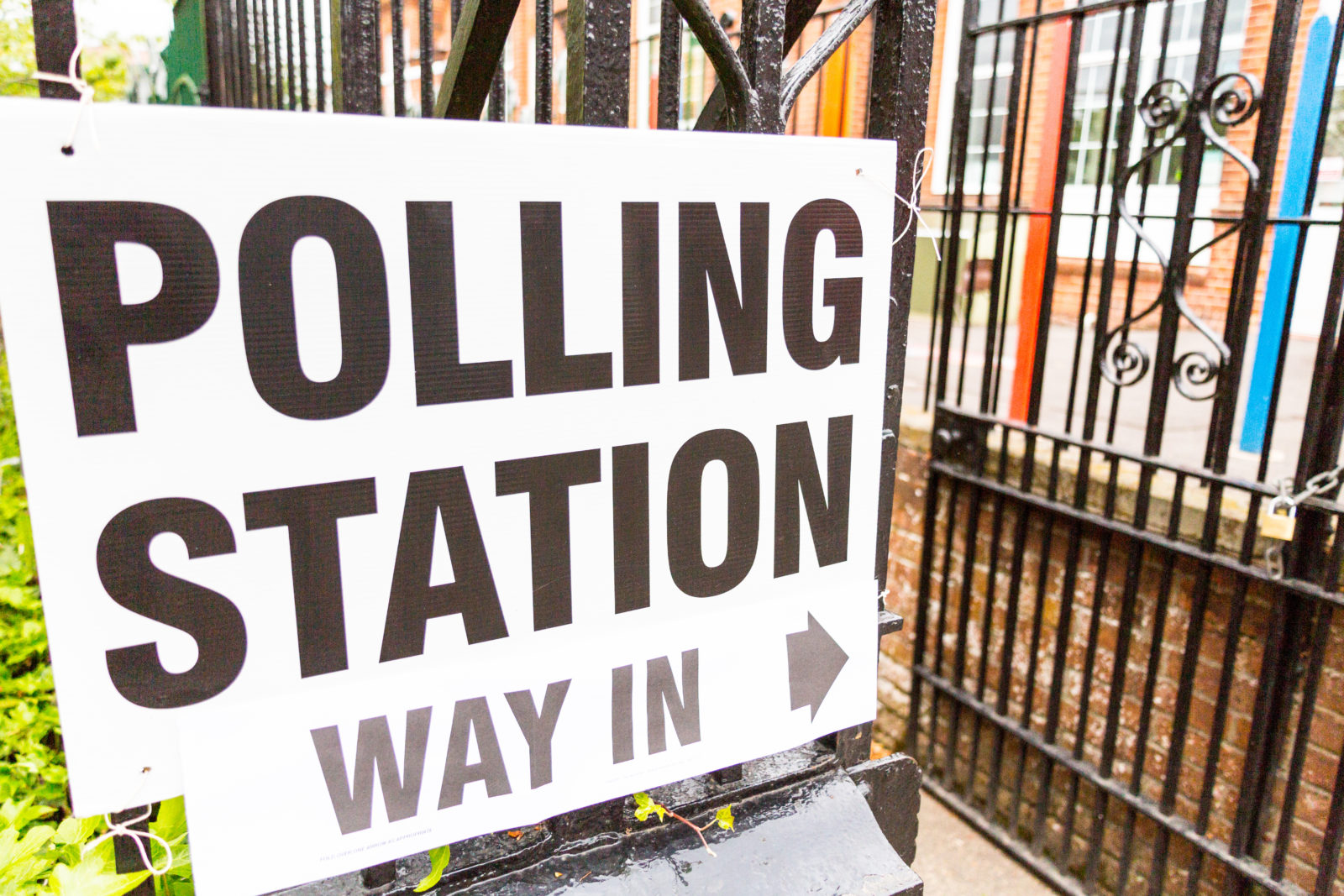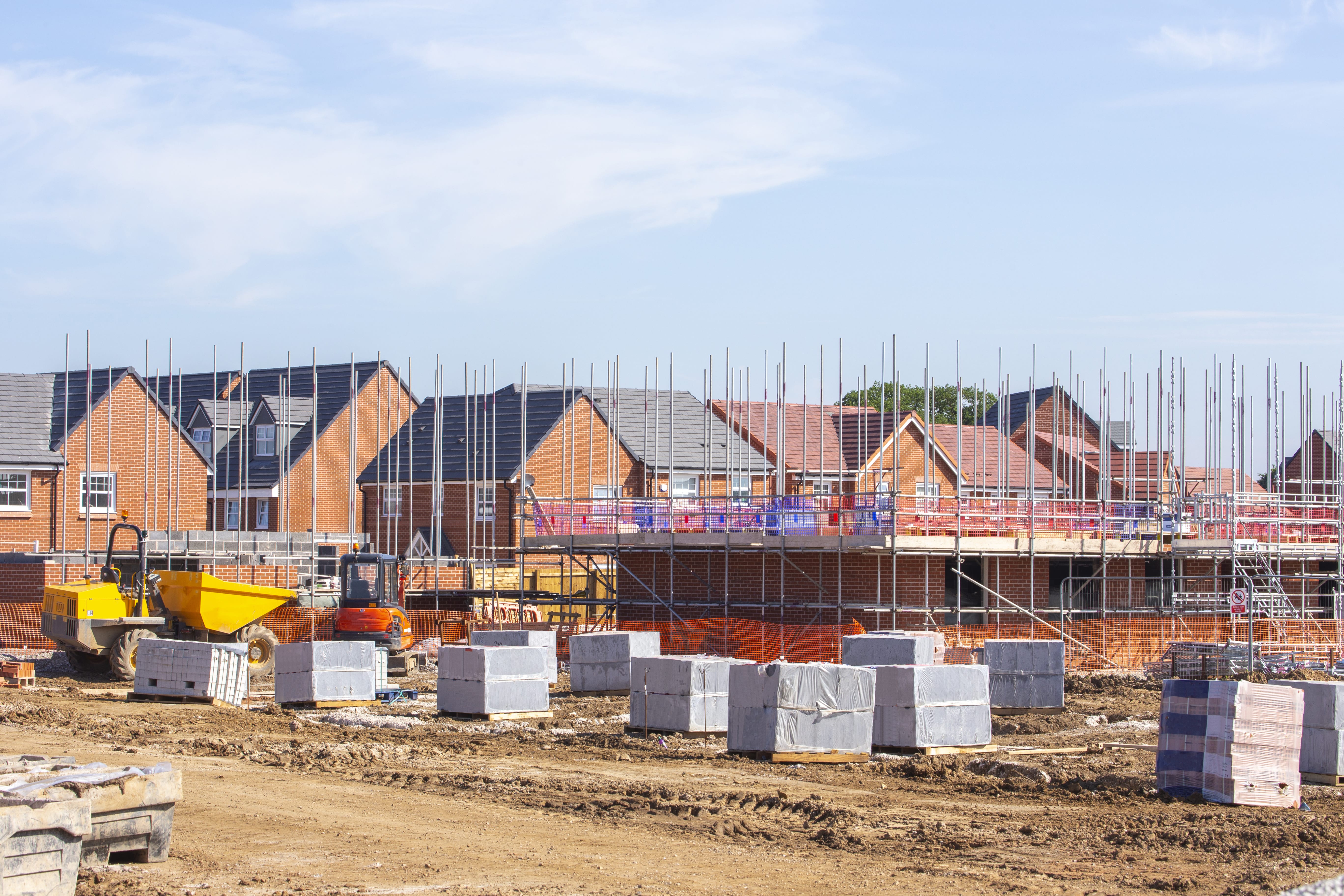The Welsh Government has set out proposals to improve voter participation, including trials for automatic voter registration in Senedd and local government elections.
The Counsel General, Mick Antoniw, said the proposals are designed to remove barriers to voting.
It comes as a consultation opens on new legislation to modernise electoral administration and wider electoral reform.
Currently people must register in order to vote, but under the new proposals anyone who is eligible would be added to the electoral register automatically by their local authority. This will make voting simpler – especially for young people and for those who have moved to Wales from another country.
The Welsh Government is proposing to work with a number of local authorities to run a series of pilots focusing on how best to collect data and use existing data to support automatic registration, and will be inviting local authorities to take part in pilot projects.
Views are also being sought on how best to improve student and young people’s registration rates, who have a proportionately lower rate of registration and participation.
Other areas being considered are the accessibility of information on parties and candidates, the equipment available to help disabled people vote, and the digitization of elections in Wales.
Mick Antoniw, Counsel General and Minister for the Constitution, said:
“This is another step in improving the accessibility of Welsh elections. We want it to be as easy as possible to vote, with people able to play their full part in our democracy. We also want to create political structures that are more representative of the people they serve.
“I’m proud to say that since we assumed responsibility for local and Senedd elections in 2017 we have lowered the voting age to 16 and enfranchised qualifying foreign nationals. As part of building a 21st century electoral system, the time is now right to accelerate our ambitious long-term vision for electoral reform in anticipation of the next major devolved and local elections in 2026 and 2027.
“We have outlined a wide range of proposals about the best way forward, and encourage people from every part of society to have their say and help us deliver our vision.”









Leave a Reply
View Comments